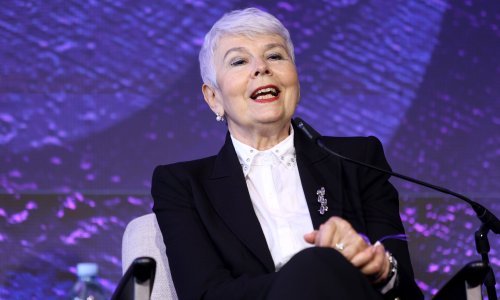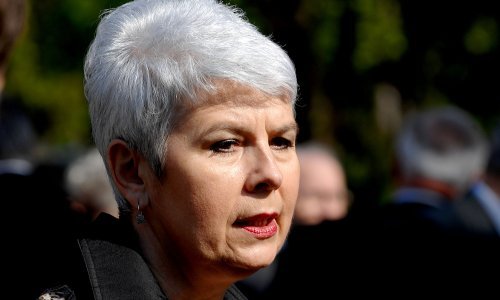Premier Jadranka Kosor is set to arrange a meeting with the heads of banks in Croatia to warn them to lower the shamefully high interest rates. If not, the Cabinet is considering introducing a ‘banking tax’, the Vjesnik daily reports
The topic of the discussion is likely just to be a warning to bankers to lower their interest rates as citizen are having more and more difficulty making payments and high rates also mean lower corporate investments. Thus, PM Kosor, the Vjesnik reports, will warn bankers to lower interest rates on all loans.
If this is not done, the cabinet is seriously considering introducing a levy similar to the so-called ‘Hungarian Model’. The issue of interest rates came up following a meeting with the Croatian Employers’ Association (HUP) last Friday. The nation’s employers complained that, although banks finished 2010 with gross profits of 4.6 billion kuna, nothing has been done for businesses and the civil sector. Last year’s banking profits were 400 million kuna higher than the previous year.
As far as the ‘Hungarian Model’ threat goes, PM Kosor threatened introducing a banking levy last summer, but abandoned the move after the heads of the four largest banks in Croatia said that such a tax would devastate the populace – meaning that bank debtors would bear the brunt of any additional costs. Just as bankers had done with currency risk and the exchange rate price adjustment clause, which are being paid for by civil debtors that took out loans in Swiss francs. Truth be told, the motivation behind this past summer’s levy threat came by ways of a budgetary deficit which would have been helped by the expected 1.9 billion kuna that would have found their way in to the budget.
That initiative, however, sparked debate amongst cabinet economic advisers. Borislav Skegro was opposed to it, while Zeljko Lovrincevic backed the banking levy. It must be said that Croatian National Bank (HNB) Governor Zeljko Rohatinski also opposed the measure. This past autumn when the bank tax was close to introduction, numerous politicians voiced opposition in the media, namely Social Democratic leader Zoran Milanovic and chief economic strategist Branko Grcic.
Opinion was not homogenized in Kosor’s Croatian Democratic Union (HDZ), either, while chief coalition partner, the Croatian Peasants’ Party (HSS) leader Josip Friscic was all for a bank tax since ‘everybody should chip in to overcome the crisis.’

































